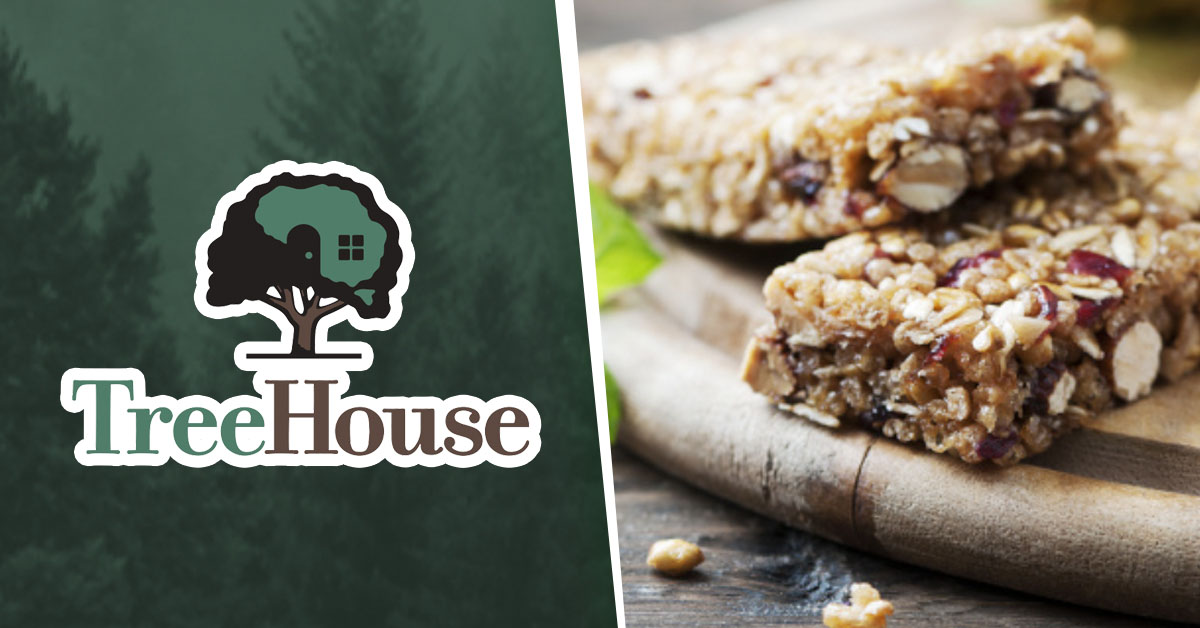TreeHouse Foods Bets On Long-Term Private Label Potential

Despite a spike in private label popularity, TreeHouse Foods posted a 1.9% sales decline in Q2 as the company’s balance sheet recovers from significant divestitures and it works to regain momentum after a planned renovation to its broth facility.
TreeHouse Foods, which produces private label items including snacks, refrigerated dough, broths, hot cereal, beverage products and more, posted a net loss of $16.7 million for the quarter. Gross profit as a percentage of net sales fell 0.3 points to 16.3%.
During an earnings call today, chairman, president and CEO Steven Oakland said the results were in line with the company’s expectations following the sale of “40% of its business” just 18 months ago, which included the divestiture of its meal preparation segment to Investindustrial for $950 million. Adjusted EBITDA from continuing operations came in at $70.6 million, a decrease of $5.7 million year-over-year. The company also saw volume/mix drop 1.1%, excluding business acquisitions.
Oakland emphasized that the reorganized company is now positioned for long-term, sustainable growth as private label sales broadly have “consistently gained share over the last two decades” and present a “significant runway… regardless of the short-term changes in the economic backdrop.”
TreeHouse’s portfolio of private brands is benefitting from the value proposition to consumers and price gap in comparison to national brands, Oakland said, highlighting the “historic” cost increases among branded CPG players. That dynamic, in addition to increased retailer investment in private label, has continued to drive unit share growth each quarter across the sector, he told investors.
“Our strategy of deploying capital with a focus to drive market share leadership in consumer trending food and beverage categories should enable TreeHouse to consistently deliver organic growth,” Oakland said during the call. “Taking a closer look at the first quarter, we saw a continued strength of private brand volume compared to national brands. In the categories in which we operate, private brand unit sales in measured retail channels were modestly positive compared to national brands, which continued to decline.”
However, when it comes to the cocoa market, TreeHouse is gearing up for a price challenge. While Oakland emphasized the commodity is not a large part of the manufacturer’s business, the price volatility earlier this year pushed the producer to hedge against cocoa in the short term and take price increases to recover those costs.
“We tend to tie our hedging with our cycles of when we know we need to go deliver a product, and so we bring that back to the customers very factually in terms of where we see inflation,” explained CFO Pat O’Donnell. “The pace of inflation obviously over the last several months was a pause point for us to realize we need to take some pricing.”

















